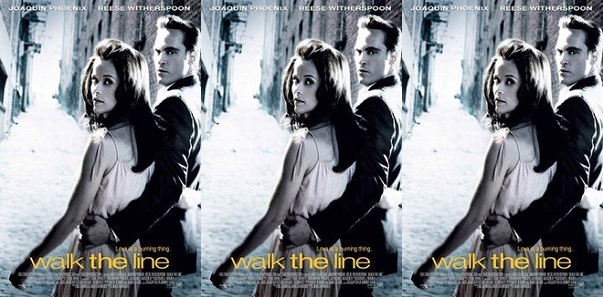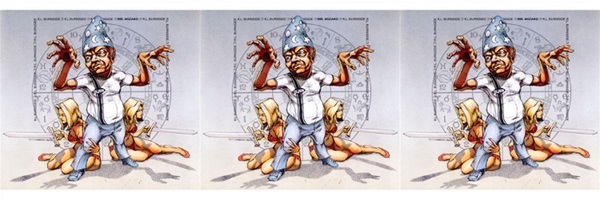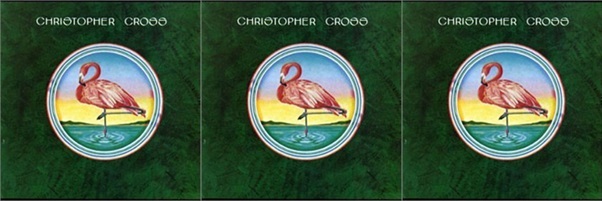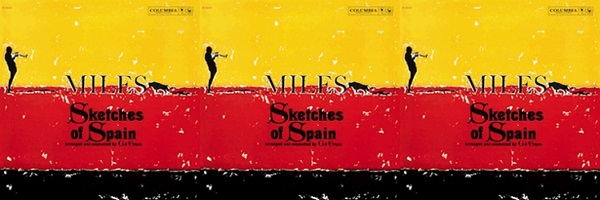Continuing with our year in review, Matt Lynn Digital invites you to look back at the last year in reviews of books, movies, music and television. We look at these with individual categories, one per day through Sunday. Today we share music reviews offered by Matt Lynn Digital in 2023.

Beginning with our most recent review with a guest review of the Weathervanes album by Jason Isbell & the 400 Unit, as reviewed by friend of the blog Cobra. The 2023 album presented alternative country-rock that mixed in with roots rock and southern rock to entertain their fans. Our review of the Rick Rubin book The Creative Act: A Way of Being also represented 2023 with a top notch look into how creativity works in music production and other fields as well.

The 2011 release of the album Revelator by the Tedeschi Trucks Band offers the first of two albums from the 2010s in our annual review. Offering a taste of American traditional rock, blues rock and roots rock from a guitar virtuoso opens an album that I can and do listen to over and over again. The 2010 A Christmas Cornucopia album by Annie Lennox also presented a more contemporary music mix.

The movie Walk the Line (2005) provided a mostly autobiographical portrayal of the musical life of country musician Johnny Cash and his second wife, June Carter. Music from both performers were featured throughout the movie, which offered a compelling movie experience of the respective lives of the couple up to the point of their marriage.

A modern sound for the delta blues comes to us with the 1997 album Mr. Wizard by R.L. Burnside. The music tends to more of a jam format than some of Burnside‘s earlier work with influences on musicians making music into the current day.

The 1988 album OU812 (Oh, you ate one too!) by Van Halen incorporates the most hard rock or pop metal sound for the three albums we reviewed for the 1980s. Both the 1986 album The Way It Is by Bruce Hornsby and the Range and the 1985 No Jacket Required album by Phil Collins delve more into the so-called adult contemporary genre with a focus on message and sound this still hit for a somewhat different audience.

We’ve taken the 1970s decade seriously with a review of nine separate albums. The self-titled 1979 album Christopher Cross by Christopher Cross continues the adult contemporary appeal before the 1974 soft rock appeal of the Jackson Browne album Late for the Sky. Second Helping by Lynyrd Skynyrd gave 1974 a more southern rock or boogie rock sound with their second album.

The 1973 Dr. John funk and piano blues album In the Right Place gives way to the more progressive rock sounds of Pink Floyd‘s 1973 album The Dark Side of the Moon and Yes‘ 1972 album Fragile.

The contemporary jazz and easy listening album Alive! by Chuck Mangione Quartet from 1972 introduces the final three albums with a largely instrumental sound. The soft rock album Teaser and the Firecat by Cat Stevens stands next to the blues rock, hard rock and heavy metal sound of Led Zeppelin IV by Led Zeppelin for the music of 1971.

Jazz and rock and roll provide our 2023 soundtrack for the 1960s. Holiday music for 1968 leads us to Christmas Album by Herb Alpert & Tijuana Brass. The seventh album for The Beatles gave us the rock and roll in the form of 1966’s Revolver. The John Coltrane album Giant Steps and the album Sketches of Spain by Miles Davis round out 1960 with jazz performances that warm our heart.
Matt Lynn Digital appreciates your continued interest in the content we offer. Should you have albums that you’d like us to review, please be sure to let us know.
Matt – Friday, December 29, 2023














 (The album cover for Selling England by the Pound by Genesis).
(The album cover for Selling England by the Pound by Genesis). (The artwork for the single I Know What I Like (In Your Wardrobe) by Genesis).
(The artwork for the single I Know What I Like (In Your Wardrobe) by Genesis). (From left to right are Genesis band members Peter Gabriel, Phil Collins, Tony Banks, Mike Rutherford and Steve Hackett in 1974. Dennis Stone of Express Getty Images took this photograph).
(From left to right are Genesis band members Peter Gabriel, Phil Collins, Tony Banks, Mike Rutherford and Steve Hackett in 1974. Dennis Stone of Express Getty Images took this photograph).